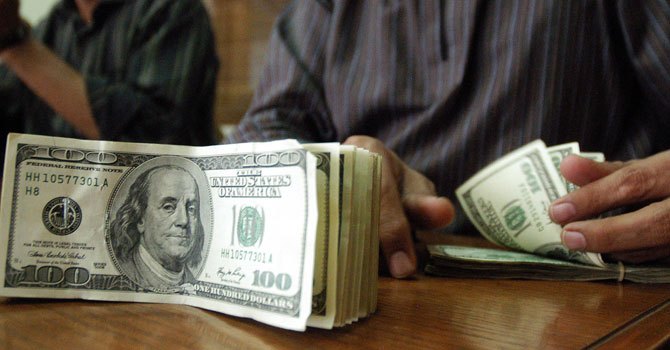Seven out of nine analysts and research centres at investment banks predicted the interest on the pound will be kept unchanged by the Central Bank of Egypt (CBE) on Thursday. Two other analysts expected the CBE to raise the rate by 1% to curb inflation, which is expected to increase significantly after the government raised fuel prices last week.
The Monetary Policy Committee (MPC) has decided in its latest meeting on 18 May 2017 to raise the overnight deposit rate, the overnight lending rate, and the rate of the CBE’s main operation by 200 basis points to 16.75%, 17.75%, and 17.25% respectively.
Last weekend, the government raised the price of all petroleum products by 100% in some products, raising fears of a new inflationary wave.
Deputy Finance Minister Ahmed Kojak said that inflation is predicted to rise by 3-4.5% after increasing fuel prices.
The annual inflation rate was 29.7% in May 2017. And the basic annual inflation at the CBE stood at 30.57%.
Osama El-Menilawy, assistant general manager treasury at a private bank operating in Egypt, said that the MPC is expected to raise interest by 0.75% on Thursday as a precaution against the inflationary effects of raising fuel prices.
Hany Farahat, a senior economist at CI Capital, said that he expects the CBE to raise interest by no more than 1%, noting that the CBE needs to play its role in curbing inflation.
In contrast, Reham El-Desouky, an economist at Arqaam Capital, said that the interest rates are likely to be kept unchanged, adding that the inflationary pressures caused by the cost-raising factors would not be affected by a new increase in interest rates.
Prime Research predicted that the MPC would keep the pound’s interest unchanged at Thursday’s meeting.
Prime explained that the last decision to raise interest by 2% in May 2017 was a pre-emptive step to the decision to lift subsidies on fuel.
This forecast was also agreed by Pharos Research, which is expected to raise the short-term interest rate if inflation is higher than the expected in the first quarter of the new fiscal year.
According to Nour El-Din Mohamed, head of Target Investments Financial Consultancy and Asset Management, the interest rate on the pound has already reached record high. He added that any new rise will stop borrowing from banks completely; hence, stopping production cycle.
He pointed out that raising the interest rate is beneficial only to savers, as it helps them preserve the value of their money in the face of inflation. “On the other hand, ordinary citizens do not have savings and bear the full burden and without compensation but subsidy which does not cover these increases,” he said.
Moreover, he explained that he hopes the interest rates will be unchanged, despite the expectations of high inflation rates on the back of raising fuel, water, and electricity prices, which puts the CBE and the state between the horns of a dilemma.
HSBC said in a report that the CBE is likely to decide to keep interest rates unchanged on Thursday.
Banker Youssef Beshay at BNP Paribas said that the CBE had already taken a precautionary measure to raise the interest rate by 2% in May 2017, in anticipation of cutting subsidies and its impact on inflation rates.
Ibrahim El-Kafrawy, the treasury director of one of the banks operating in the Egyptian market, ruled out that the CBE should raise its return on deposit and lending rates again at Thursday’s meeting.




